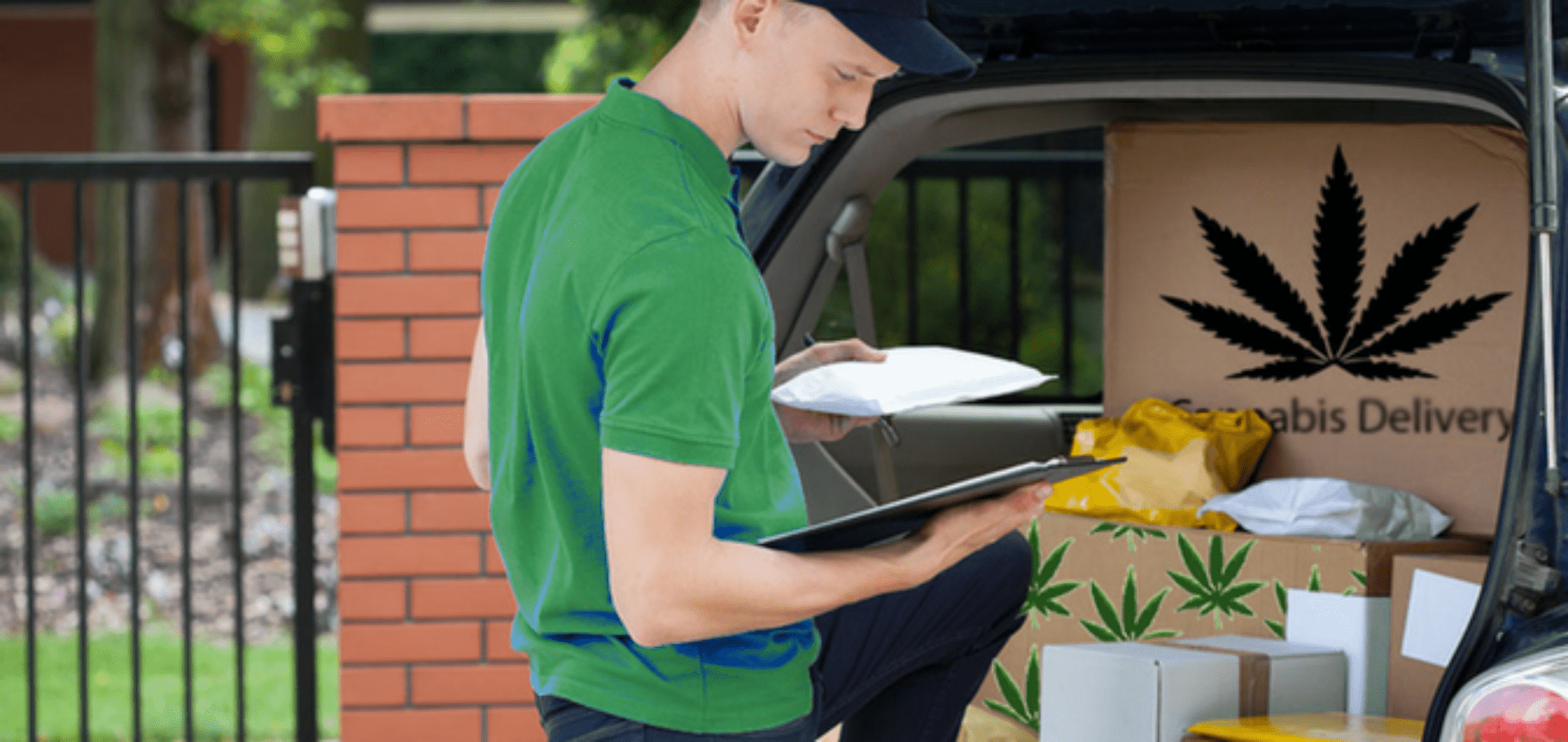Efficiency and cost control are two pillars of our day-to-day operations as the fleet manager for an in-house cannabis delivery service operating across multiple city zones. One of the most impactful tools we’ve implemented to streamline fuel management and maintain operational integrity is a fuel card program. It’s more than just a payment method—it’s a system that delivers accountability, real-time tracking, budget control, and logistical insight.
Fuel costs are one of the highest recurring expenses for any delivery operation. Before adopting a fuel card program, our drivers would pay out of pocket and submit receipts for reimbursement. This led to multiple operational headaches: delayed expense tracking, potential fraud, inaccurate mileage-to-cost ratios, and a lack of visibility into driver habits. With fuel cards, we have centralized fuel purchases under one digital umbrella, giving our team the transparency and control needed to keep delivery operations smooth and secure.
1. Real-Time Monitoring and Expense Control
Fuel cards allow us to monitor fuel purchases in real time. We know who is filling up, how much they’re spending, and where the transaction occurred. This immediate insight makes it easier to flag irregular spending or unauthorized purchases. With customizable spending limits and transaction alerts, we ensure every dollar spent is justified and aligns with delivery route expectations.
2. Route Optimization and Driver Accountability
By integrating our fuel card data with GPS and delivery route software, we’ve created a full-circle view of driver behavior and efficiency. We can compare fuel usage with mileage and route data, which helps us identify inefficiencies and address them through retraining or route restructuring. Drivers are also more accountable, knowing their fuel activity is tracked.
3. Simplified Accounting and Reporting
At the end of every month, our accounting team gets a single, itemized fuel statement—eliminating the need to chase receipts or verify handwritten logs. The card system also integrates with our accounting software, reducing administrative time and human error. For cannabis businesses, where compliance and detailed reporting are crucial, this digital trail is a lifesaver during audits.
4. Security and Fraud Prevention
Fuel cards offer PIN protection, transaction restrictions by time or location, and the ability to deactivate cards instantly. We’ve set our program to only work during delivery hours at specific stations. This limits off-hours use and deters fuel theft or unauthorized card use—protecting both company assets and brand trust.
5. Improved Budgeting and Forecasting
With the fuel card program, we now forecast fuel expenses with far greater accuracy. We can view usage trends, seasonal cost spikes, and the efficiency of our fleet. This allows leadership to make more informed decisions about vehicle upgrades, delivery zones, or changes in staffing needs. We can also evaluate whether transitioning to electric or hybrid vehicles would yield greater ROI based on real data.
Conclusion
Implementing a fuel card program has proven to be a vital move in elevating our cannabis delivery operation’s professionalism, efficiency, and compliance. It’s a scalable solution that grows with the fleet and adapts to our evolving business needs. For any cannabis dispensary running in-house delivery services, a fuel card system isn’t just a convenience—it’s a strategic necessity.

